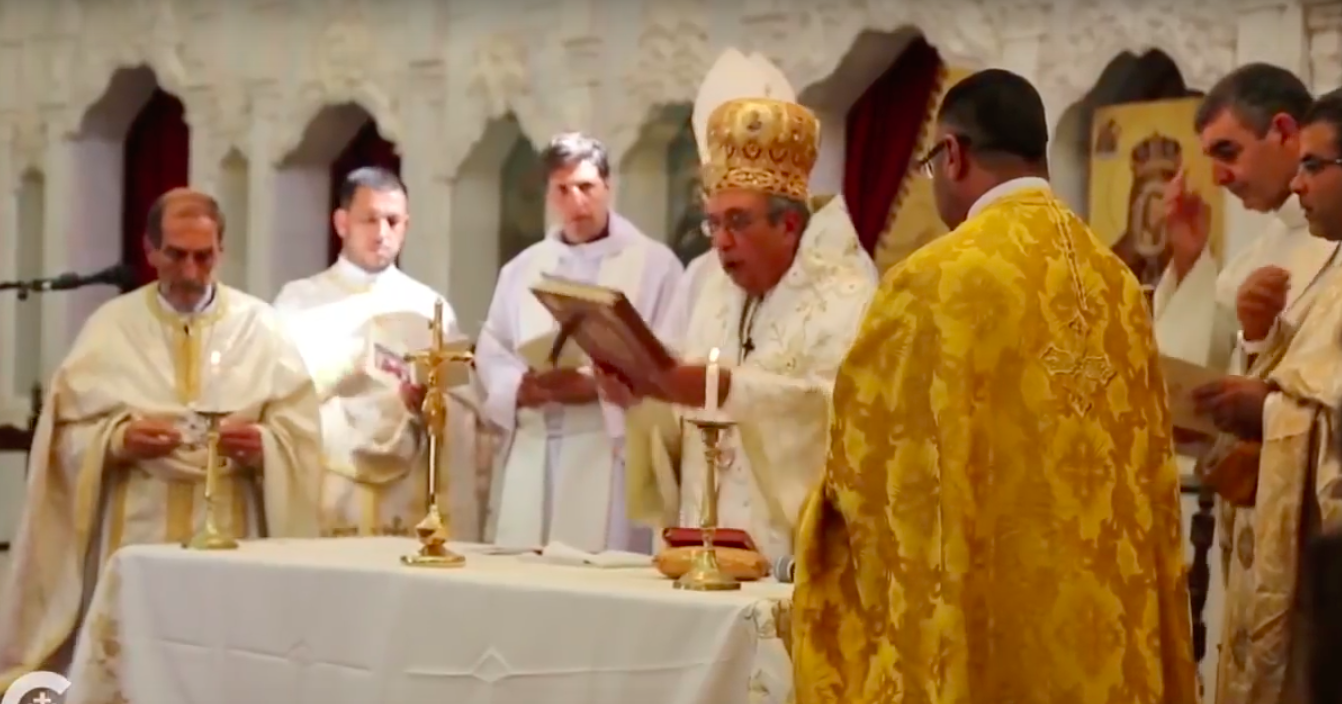While the Arab spring offered an opportunity for religious and ethnic minorities to obtain their full rights in new democratic political regimes, the violent turn of events in many Arab countries has put religious and ethnic minorities under unprecedented threats. This is the case with Christian communities in Egypt, Iraq, and Syria. Several factors have led many Christians to lose hope when it comes to their future in the region: the rise to power of the Islamist forces in the first free and fair elections after the revolution in Egypt; the militarization of the Syrian revolution; and finally the rise of the self-proclaimed Islamic State in Syria and Iraq, from where hundreds of thousands of Christians had to flee their villages and cities. While the situation of the Copts in Egypt is relatively better, religious tensions between Copts and Muslims continue, particularly with the Coptic Church’s support for military intervention against the rule of the Muslim Brotherhood and the growing radicalization of Islamist youth.
These external challenges come at a time when Christian actors also face deep internal changes. On the one hand, the Church lost its full monopoly over the Christian sphere, which gave rise to new Christian actors such as the Christian youth movements. On the other hand, the Arab Spring has also forced Christian actors to confront a number of political questions, such as their vision of the state; their relation with Islamic actors, the public role of the Church, the forms of Christian political activism; and the use of violence.
This one-day workshop seeks to understand the changes within the Christian religious sphere, and the challenges facing Christian communities in Egypt, Syria and Iraq, and to identify the peace-building role Christians could play in the Middle East.
The workshop’s confirmed speakers will include a number of religious figures and youth activists from the Middle East. All discussions will be held under Chatham House Rule.



